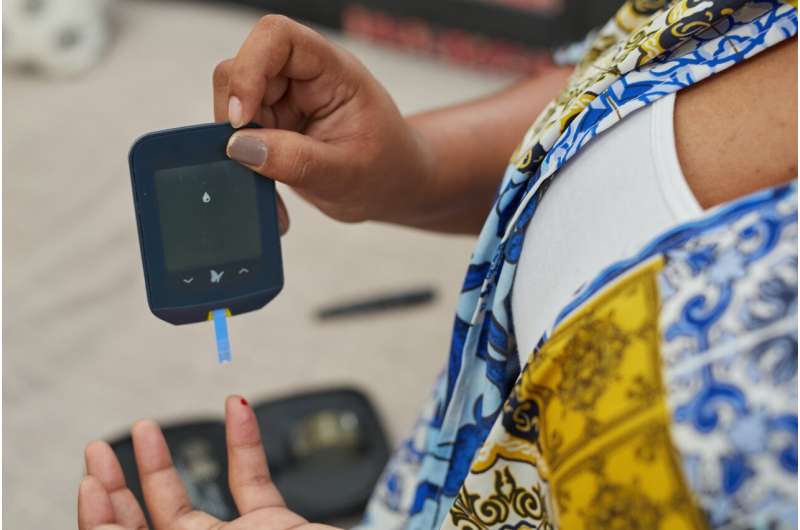Faster Progression to Severe Type 2 Diabetes in People with Learning Disabilities

People with learning disabilities are at greater risk of rapid progression to severe type 2 diabetes and higher mortality rates, despite better overall blood glucose control. A recent UK study highlights disparities in disease outcomes and emphasizes the need for targeted healthcare strategies.
Recent research published in BMJ Open Diabetes Research & Care indicates that individuals with learning disabilities tend to develop severe type 2 diabetes more quickly and have a higher risk of mortality from the condition, compared to those without such disabilities. The study analyzed anonymized medical records of over 350,000 adults diagnosed with type 2 diabetes in the UK, highlighting significant disparities in disease progression and outcomes.
Despite generally better blood glucose control and similar rates of vascular complications, people with learning disabilities—such as Down syndrome and cerebral palsy—were found to be 20% more likely to progress rapidly to severe disease requiring insulin therapy. Additionally, this group was twice as likely to die from any cause, specifically from diabetes, than individuals without learning disabilities. Notably, they also tended to be younger at diagnosis, with higher proportions of men, individuals of white ethnicity, and those living with severe obesity or in deprived areas.
The study emphasizes that managing type 2 diabetes in people with learning disabilities presents unique challenges. This population often faces difficulties in monitoring and managing their condition, potentially leading to poorer long-term outcomes. The researchers acknowledge that data limitations, such as missing variables related to blood glucose control, could influence the findings but stress the importance of further investigation.
The authors suggest that the higher rates of insulin initiation could be related to either more aggressive disease progression or increased clinical surveillance in this group. They advocate for additional research to understand the mechanisms behind these disparities and to develop targeted strategies that can reduce health inequalities for people with both learning disabilities and type 2 diabetes.
This study highlights the urgent need for tailored healthcare approaches to improve outcomes for vulnerable populations affected by chronic illnesses like diabetes.
Source: https://medicalxpress.com/news/2025-09-people-disabilities-faster-severe-diabetes.html
Stay Updated with Mia's Feed
Get the latest health & wellness insights delivered straight to your inbox.
Related Articles
Routine Eye Exams Could Detect Early Signs of Alzheimer’s Disease
Emerging research suggests that routine eye exams, focusing on the retina, could potentially help detect early signs of Alzheimer’s disease, paving the way for earlier diagnosis and intervention.
Hidden Impact of Childhood Neglect on White Matter Brain Structures
Child neglect can cause significant structural changes in the brain's white matter, impacting development and behavior. Recent research highlights the importance of early detection and targeted interventions to support affected children.
Enhancing Lung Disease Management with Specialized Singing Programs
A groundbreaking study shows that specialized online singing programs can significantly improve the quality of life and symptoms of people with lung diseases like COPD and ILD, offering a promising non-medication approach to respiratory health management.



